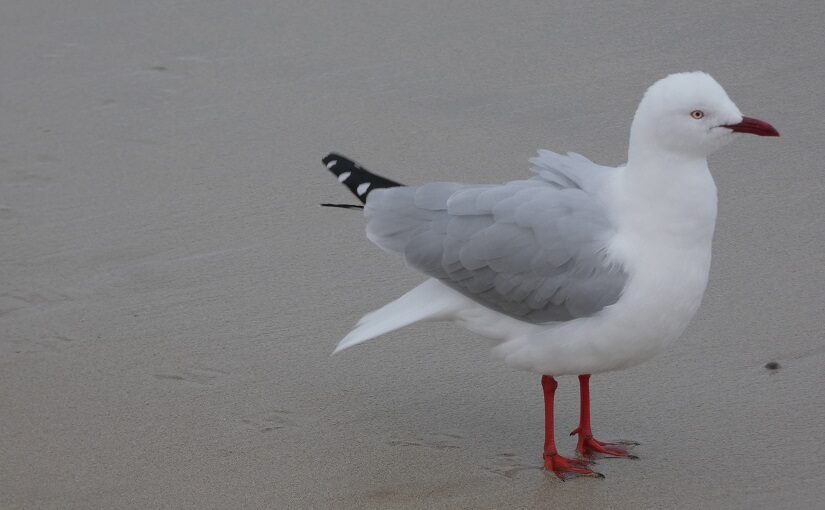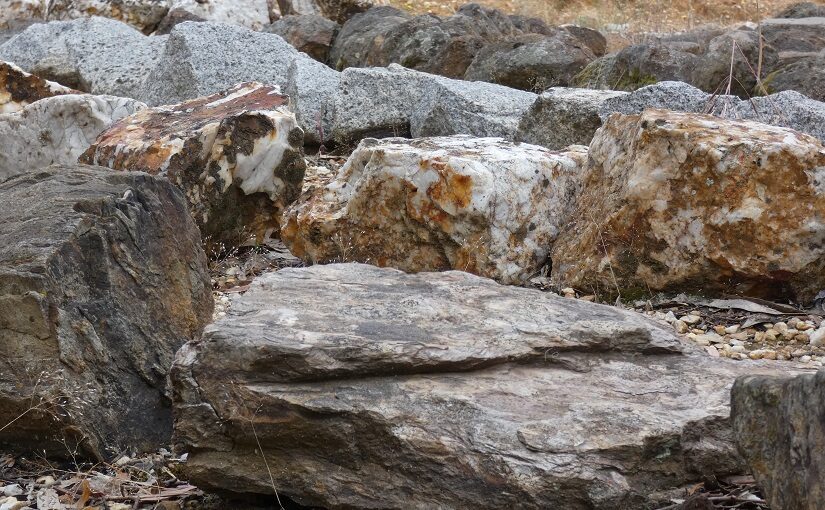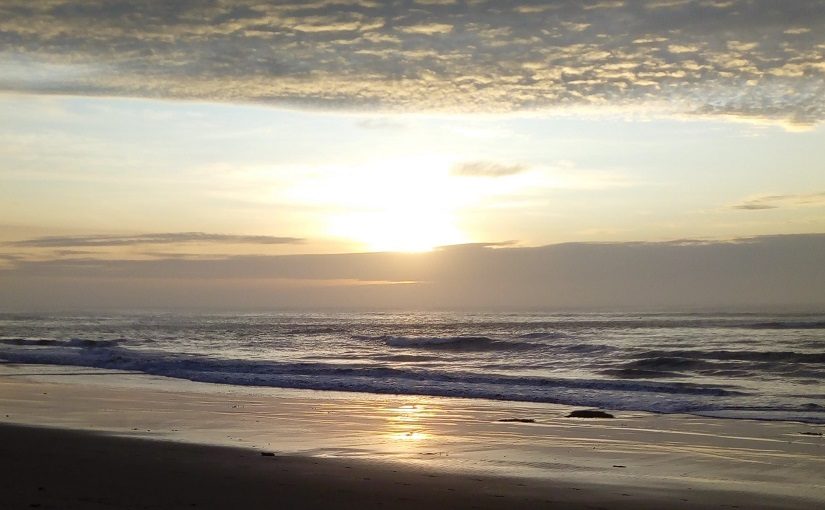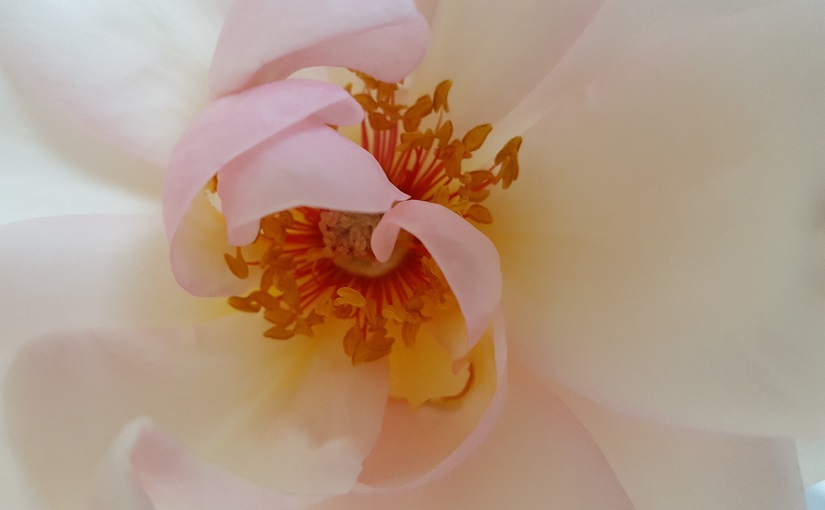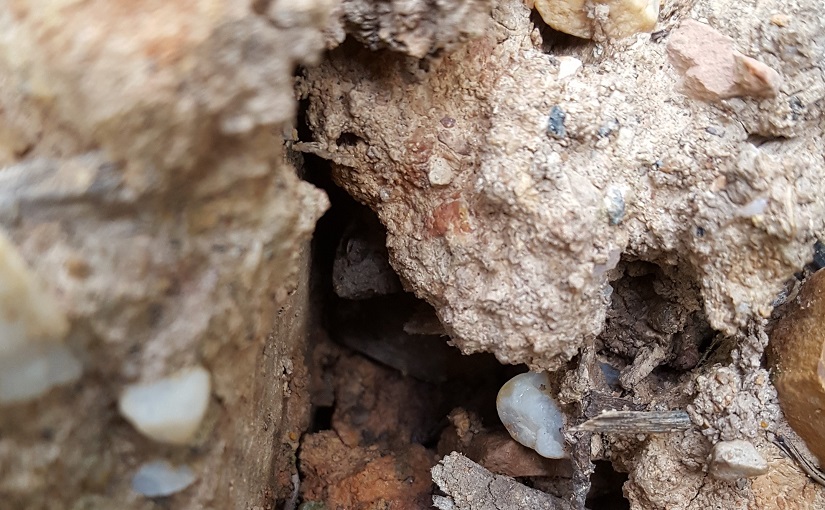Where is it that we stand, as humans? Within all the living realities weaving their ways around us, reflected by our capacity for thought, is it that we’re the ones making decisions? Seeing our versions of that picture and, based on that understanding, choosing what our responses will be. As if “to be human” is to see and to choose.
Not that it’s that simple. Afterall, we exist in realities within which others have already made their choices: systems created by and designed to serve certain interests; bodies of thought we’re asked to accept; assumptions or patterns of behaviour that shape us all before we’re truly able to challenge them. In many ways it seems we emerge in a world crumpled by thought before we’ve the capacity to wield it. (Notes One)
Yet isn’t “life” something we could hope to understand? A picture woven out of history, science and culture into which our own lives are placed; through which our own choices play their part in bringing new realities into existence. That, coming into a world we “can” understand, we have – by various historical paths – been offered this responsibility to decide based on our own grasp of that picture and all its importance. (Notes Two)
How are we supposed to “see” that picture? That complex interplay of global realities into which humans and their ideas have been charting their course over the last few thousand years. How are we to see the truths from the lies, given how much imperfection tends to be peppered through any given person’s experiences, ideas and actions? How are we to draw out the valuable threads and deal with the mistaken ones?
In many ways, it just seems we live our lives within both thought and reality – standing somewhere between the two as we live partly by habit and partly by intention. That so much of what we do is simply carried forward subconsciously as this unexamined tide we once emerged within. As if, all appearing at various points within pre-existing trains of thought, we picked them up to make of them who we are.
Are we, then, merely here to witness the outplaying of the ideas we see around us? To observe all that’s happening and the consequences being set in motion. As if there’s a certain inevitability to the logic of all that’s weaving its way about us. Our actions simply drawn into this flow of “how things are” as the momentum of tradition or expectation sweep us along with their global ramifications. (Notes Three)
Is life to be a story we actively write or passively read, after the fact? Not that it’s easy to understand enough to foresee all the interwoven consequences of our every choice, but can we let uncertainty lead to paralysed resignation? Sometimes it just seems we’re caught in this stream of thought unable to really see what it is we can do about it – the right path, along which we can hopefully find answers to all these problems.
Notes and References:
Note 1: Relationships & our place in life
Note 1: Channels of information
Note 1: Do we need to understand the past?
Note 1: Conversations we agree to have
Note 2: Acclimatisation to a world of meaning
Note 2: The thinking behind technology
Note 2: Culture, thought & coexistence
Note 2: Threads, becoming a united whole
Note 3: Doing the right thing, we erase consequences
Note 3: Passivity, or responsibility
Note 3: Wisdom the world no longer gives?
Note 3: All we’re trying to uphold

